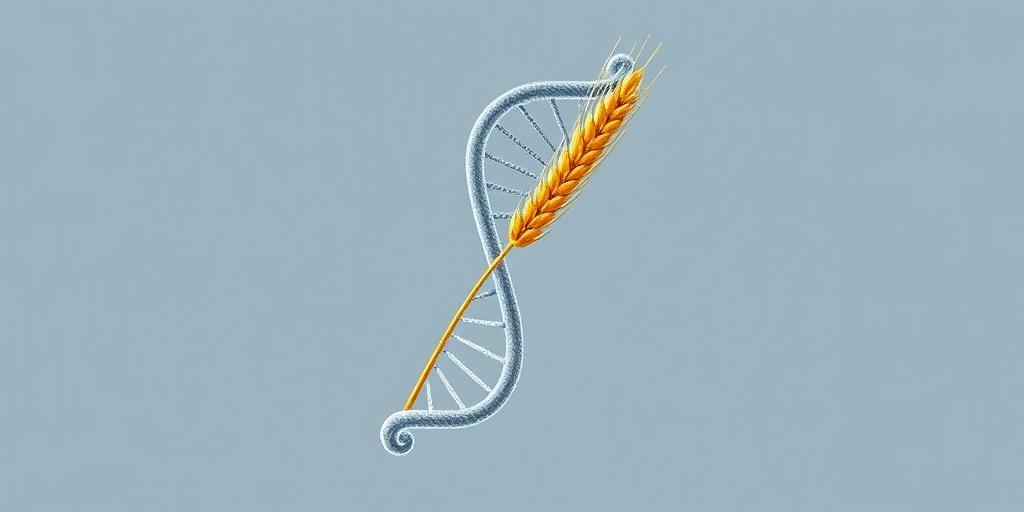Biotechnology Advancements and Their Impact
Biotechnology is rapidly evolving, driving significant changes across various sectors. From medicine to agriculture, these advancements promise to revolutionize how we live and interact with the world. This post explores some key developments in biotechnology and their potential impacts.
Gene Editing Technologies
CRISPR-Cas9 is at the forefront of gene editing. This technology allows scientists to precisely alter DNA sequences, offering potential cures for genetic diseases. Research is underway to treat conditions like cystic fibrosis, sickle cell anemia, and Huntington's disease. Beyond therapeutics, gene editing is also enhancing crop resilience and yield.
Personalized Medicine
Biotechnology is enabling personalized medicine, where treatments are tailored to an individual's genetic makeup. Pharmacogenomics, for example, analyzes how genes affect a person's response to drugs, optimizing medication effectiveness and minimizing side effects. This approach is particularly promising in oncology, where targeted therapies are designed based on the genetic profile of a patient's tumor.
Synthetic Biology
Synthetic biology involves designing and constructing new biological parts, devices, and systems. This field has applications in biofuels, biomanufacturing, and environmental remediation. Scientists are engineering microbes to produce valuable chemicals, clean up pollutants, and create sustainable alternatives to fossil fuels. The potential for creating novel materials and processes is vast.
Nanobiotechnology
Nanobiotechnology combines nanotechnology and biology to create innovative solutions at the nanoscale. Nanoparticles are used for drug delivery, diagnostic imaging, and biosensors. For example, nanoparticles can deliver chemotherapy drugs directly to cancer cells, reducing damage to healthy tissues. Biosensors can detect diseases at an early stage, improving treatment outcomes.
Challenges and Ethical Considerations
While biotechnology offers immense potential, it also raises ethical concerns. Gene editing, for instance, sparks debates about unintended consequences and equitable access. Ensuring responsible development and regulation is crucial to harnessing the benefits of biotechnology while mitigating risks. Public engagement and education are essential for informed decision-making.
The Future of Biotechnology
The future of biotechnology looks promising, with ongoing research pushing the boundaries of what is possible. Advances in areas like genomics, proteomics, and bioinformatics are accelerating discovery and innovation. Collaboration between academia, industry, and government is essential for translating research into real-world applications. As biotechnology continues to evolve, it will play a pivotal role in shaping a healthier, more sustainable future.
Long-Tail Keywords
- Biotechnology advancements in medicine
- Ethical considerations of gene editing
- Applications of synthetic biology
- Personalized medicine and pharmacogenomics









